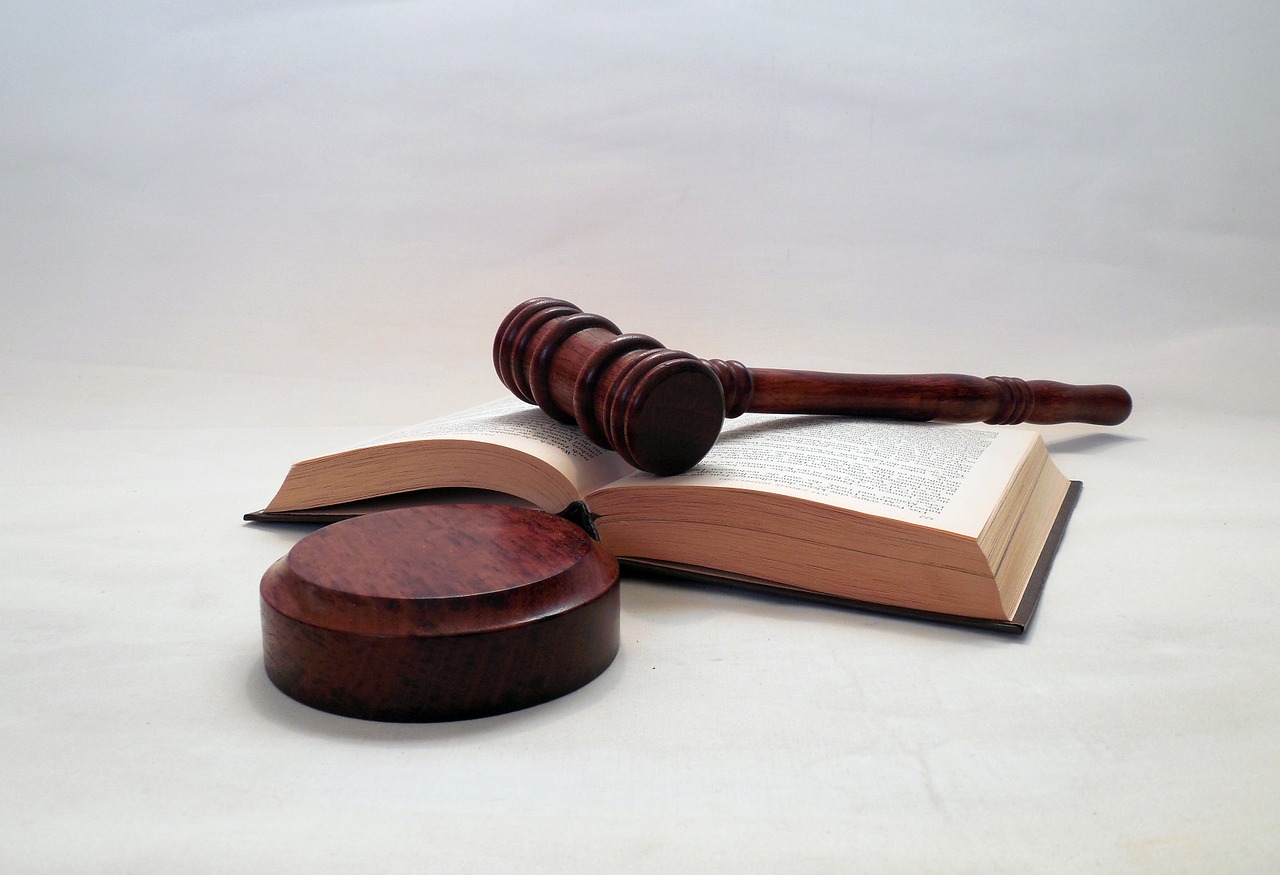
Simon K. Yu, Barrister & Solicitor
Immigration & Refugee Hearings and Appeals Lawyer
Refugee Claims
The Refugee Protection Division (RPD) of the Immigration and Refugee Board (IRB) is responsible for assessing and making determination on claims for refugee protection.
If you fear persecution in your home country by reason of your race, nationality, religion, political opinion or being a member of a particular social group (eg sexual orientation or gender related issues), and there is no viable location within your home country for you to relocate to, and there is no state protection forthcoming, you may be able to seek protection as a Convention refugee in Canada.
If you fear a risk of torture or risk of cruel and unusual punishment or treatment, you may be able to seek protection as a protected person in Canada.
In asking Canada to offer you refugee protection, it is very important for you to present credible and trustworthy evidence. In most cases, when Refugee Protection Division rejects a refugee claim, it is due to credibility concerns. If you have presented inconsistent information or missed presenting relevant information in your refugee claim, this can create serious credibility problem which may lead to the refusal of your refugee claim. If your refugee claim is rejected, you will face many challenges and stress in your subsequent efforts in trying to remain in Canada.
Simon is very committed and has extensive experience in helping his clients seek refugee protection from within Canada. It is very important for you to seek advice and representation from an experienced refugee lawyer who can explain to you about the process, time frame and most importantly, what you need to do to succeed.
Simon has successfully represented many refugee claimants from around the world. Some examples are refugee claimants who faced persecution due to:
- their racial or ethnic background such as Tutsis from Rwanda and Burundi
- political opinion or opposition such as those in Cameroon, Ethiopia, Eritrea, Zimbabwe, Sudan, Libya, Iraq, Iran, Venezuela and many other countries
- religious group membership or practice such as Pentecostal in Eritrea and Christian in Egypt and Iran
- sexual orientation such as gay and lesbian or transgender from African and Middle East ountries
- gender based violence such as female genital mutilation, forced marriages and honor killing in African and Middle East countries
- blood feud cases in Albania
- physical harm by violent groups such as Mara Salvatrucha in El Salvador, Los Zetas or drug cartels in Mexico, and FARC in Colombia.